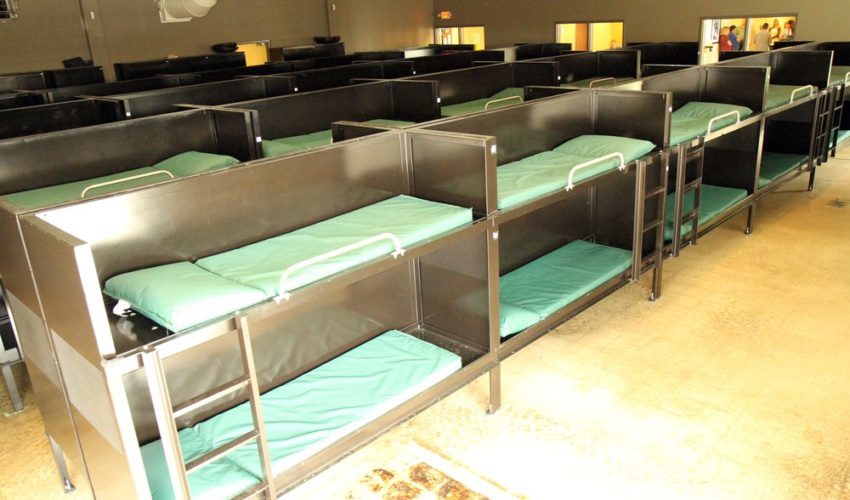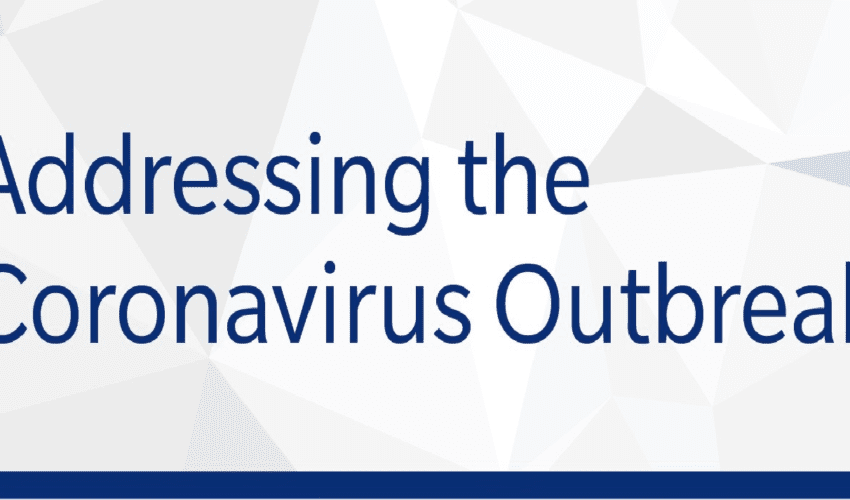COVID-19 insurance coverage considerations — your questions answered
March 26, 2020
This paid piece is sponsored by Marsh & McLennan Agency.
The issues regarding insurance coverage for COVID-19 are complex and rapidly evolving. There may be limited coverage available under traditional policies. Coverage will depend upon the facts and circumstances of the situation and the coverage provisions and exclusions in the policies. The following update is intended to provide our perspective as your insurance broker/consultant and is based on the most current information from government and public health officials.
To replay the webinar, click here.
Property and business interruption
Property policies respond to “direct” physical loss and resulting business interruption subject to policy exclusions. If one of your locations is exposed to the virus, there may be some limited coverage for decontamination costs and/or denial of access by civil authority or ingress/egress. Many of these provisions are subject to waiting periods before coverage will kick in.
If one of your locations is exposed to the virus, there may be some limited coverage for decontamination costs and/or denial of access by civil authority or ingress/egress.
The presence or suspected presence of the virus alone is unlikely to trigger these coverages. Similarly, no coverage likely will be available for reduced demand for goods and services and disruptions of an insured supply chain – absent physical loss or damage. Further, many carriers explicitly exclude virus, bacteria and communicable disease from their form. This exclusion further underscores the intention by underwriters not to cover claims like COVID-19.
Workers’ compensation
Coverage typically requires that all three of the following tests be met. First, a worker became ill in the course and scope of employment. Second, the illness is proven to result from workplace exposure. Third, the illness is found exclusively among or presents greater risk for certain employees. The “work relatedness” component is an important test for worker’s compensation coverage. Ultimately, coverage will depend on the facts of the case, as well as state and federal laws.
Employees, such as front-line health care workers who necessarily come into contact with COVID-19 in the course of their employment likely would have a greater ability to obtain workers’ compensation coverage. If Foreign Voluntary Workers Compensation coverage was purchased, these benefits could extend to affected employees suffering from the virus overseas.
It’s important to note that OSHA record-keeping requirements at 29 CFR Part 1904 mandate covered employers record certain work-related injuries and illnesses on their OSHA 300 log. COVID-19 can be a recordable illness if a worker is infected as a result of performing their work-related duties. However, employers are responsible for recording cases of COVID-19 only if all of the following are met:
- First, the case is a confirmed case of COVID-19 – see CDC information on persons under investigation and presumptive positive and laboratory-confirmed cases of COVID-19.
- Second, the case is work-related, as defined by 29 CFR 1904.5.
- Third, the case involves one or more of the general recording criteria set forth in 29 CFR 1904.7 – e.g. medical treatment beyond first aid, days away from work.
General liability and umbrella liability
Coverage for third-party bodily injury claims typically requires the injury to arise from an accidental occurrence. Claims that companies deliberately ignored critical information regarding the spread of COVID-19 may not trigger coverage. However, claims that a company negligently failed to sanitize exposed areas properly or negligently failed to warn of the risk may be covered.
Coverage may be available for persons who claim they were improperly quarantined under the “personal injury” offense of false imprisonment.
Even if coverage is triggered, insurers may seek to invoke standard exclusions for claims arising from exposure to a pollutant or contaminant.
This step raises the issue of whether the exclusions are broad enough to encompass COVID-19. It should be noted that recent efforts by Lloyd’s and other insurers to insert explicit COVID-19 exclusionary wording into policies potentially may support arguments that existing exclusions are insufficiently broad to exclude it. This dynamic will support arguments about whether any such changes in policy language represent an alteration in coverage terms – or are merely a clarification of existing coverage.
Director’s and officer’s liability
Public companies may face “event-driven” COVID-19 shareholder claims. For example, a shareholder could claim that a lack of preparedness led to adverse impacts on business operations and revenues. This week, we saw the first coronavirus securities lawsuit against cruise operator Norwegian Cruise Lines. The suit also named Norwegian’s CEO and CFO, as well as the CEO of Inovio Pharmaceuticals Inc. The complaint alleged misrepresentations about the safety and/or efficacy of the company’s product.
The D&O market is already extremely challenging. In the next 120 days, we expect underwriters to be very conservative on renewals related to financial distress and bankruptcy concerns facing many companies.
We anticipate insurers may seek to invoke standard exclusions for illness and bodily injury on order to deny claims.
On March 4, the SEC announced a new order for what the agency calls “conditional regulatory relief for certain publicly traded company filing obligations.” The order provides publicly traded companies subject to certain conditions with an additional 45 days to file certain disclosure reports that were previously due between March 1 and April 20.
Employment practices liability, or EPL
Policies adopted by employers potentially could impact members of protected classes on a disproportionate basis. This raises the possibility of employment discrimination claims based on race or national origin, or of disability discrimination claims. There is also the possibility wage and hour law claims might be brought by individuals who are isolated or quarantined. It should be noted that most EPL policies no longer provide this coverage. If coverage is included, it is sublimited to some minimal amount of legal fees.
Although claims under OSHA, the NLRA and many other workplace statutes are excluded under a typical EPL policy, a claim for retaliation – regardless of which statute the employee is proceeding under – would be covered.
Cyber
Cyber policies are proving to be useful because COVID-19 is being used as a social engineering trick to infect the digital world. It is not new for cyber-crooks to exploit social phenomena to spread malware to maximize the impact and dissemination of a malicious software. As companies seek to protect their employees by enforcing work-from-home policies, the unintended consequence will be the exploitation of lax or vulnerable cybersecurity. Cyber policies can add invaluable protection to help manage this risk. On the privacy side, HIPAA-related compliance issues related to employee health, positive tests, etc. need to be handled within regulatory guidelines.
Environmental liability
Pollution legal liability policies typically restrict coverage to disinfecting in response to a government order. Key issues in determining coverage will be the policy definitions of “pollution condition” and “government order.” If coverage exists, sublimits, co-insurance or other limitations may apply.
Travel cancellation
Coverage may be in place for reimbursement of certain expenses if travel was booked on certain corporate credit cards.
What to do
Undoubtedly, attorneys will look to challenge policy language and the possible coverage arguments. It is very difficult to respond to hypothetical situations, as the facts of the claim ultimately will determine if insurance will respond. We do recommend you maintain records to prepare for a claim including:
- Keeping records of anyone entering your premises.
- Document any relevant government communications that have caused you to take action.
- Take note of any specific locations affected by any action or recommendation.
- Maintain financial documents regarding costs for financial loss and remediation costs.
At times like this, our experience and expertise can make a crucial difference.
As always, please feel free to reach out to our team if you have questions.









